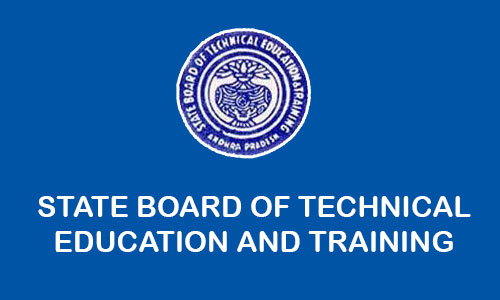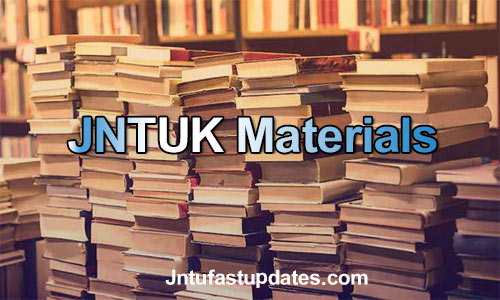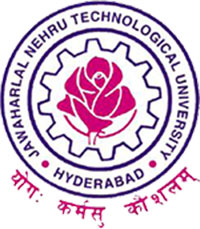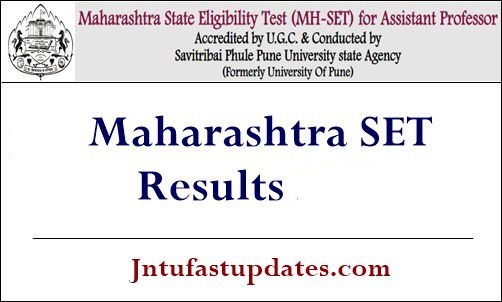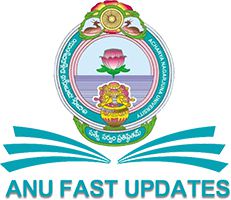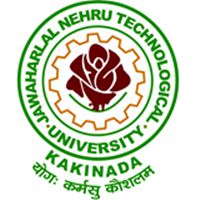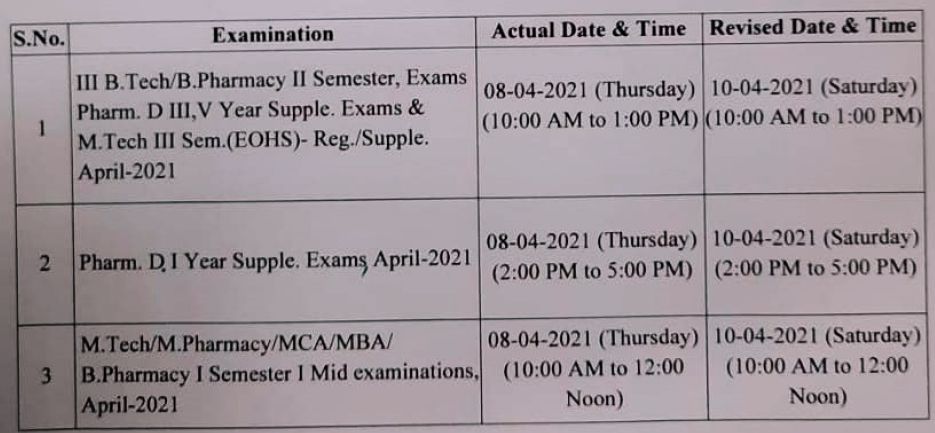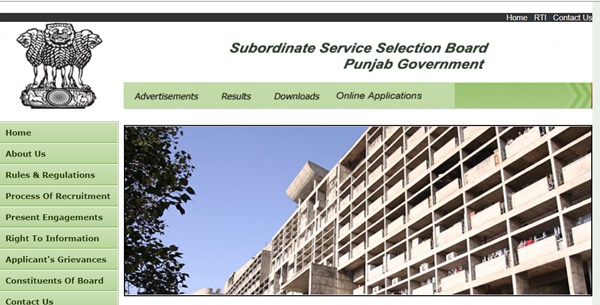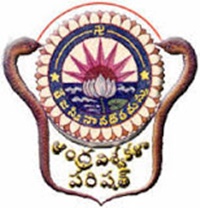JNTUK R20 1-1 Engineering Geology Material/Notes PDF Download
Students those who are studying JNTUK R20 Civil Branch, Can Download Unit wise R20 1-1 Engineering Geology Material/Notes PDFs below.

JNTUK R20 1-1 Engineering Geology Material/Notes PDF Download
OBJECTIVES:
- To introduce the course: Engineering Geology to the Civil Engineering graduates.
- To enable the students, understand what minerals and rocks are and their formation and identification.
- To highlight significance/ importance/ role of Engineering Geology in construction of Civil Engineering structures.
- To enable the student, realise its importance and applications of Engineering Geology in Civil Engineering constructions.
UNIT-1
Introduction: Branches of Geology, Importance of Geology in Civil Engineering with case studies.
Weathering: Weathering of rocks, Geological agents, weathering process of Rock, Rivers and geological work of rivers.
UNIT-2
Mineralogy and Petrology: Definitions of mineral and rock-Different methods of study of mineral and rock. Physical properties of minerals and rocks for megascopic study for the following minerals and rocks.
Common rock forming minerals: Feldspar, Quartz Group, Olivine, Augite, Hornblende, Mica Group, Asbestos, Talc, Chlorite, Kyanite, Garnet, Calcite and ore forming minerals are Pyrite, Hematite, Magnetite, Chlorite, Galena, Pyrolusite, Graphite, Chromite, Magnetite and Bauxite. Classification, structures, textures and forms of Igneous rocks, Sedimentary rocks, Metamorphic rocks, and their megascopic study of granite varieties, (pink, gray, green). Pegmatite, Dolerite, Basalt etc., Shale, Sand Stone, Lime Stone, Laterite, Quartzite, Gneiss, Schist, Marble, Khondalite and Slate.
UNIT-3
Structural Geology: Strike, Dip and Outcrop study of common geological structures associating with the rocks such as Folds, Faults, Joints and Unconformities- parts, types, mechanism and their importance in Civil Engineering.
UNIT-4
Ground Water: Water table, Cone of depression, Geological controls of Ground Water Movement, Ground Water Exploration Techniques.
Earthquakes and Land Slides: Terminology, Classification, causes and effects, Shield areas and Seismic bells, Richter scale intensity, Precautions of building constructions in seismic areas. Classification of Landslides, Causes and Effects, measures to be taken prevent their occurrence at Landslides.
Geophysics: Importance of Geophysical methods, Classification, Principles of Geophysical study by Gravity method, Magnetic method, Electrical methods, Seismic methods, Radiometric method and Electrical resistivity, Seismic refraction methods and Engineering properties of rocks.
UNIT-5
Geology of Dams, Reservoirs and Tunnels: Types and purpose of Dams, Geological considerations in the selection of a Dam site. Geology consideration for successful constructions of reservoirs, Life of Reservoirs. Purpose of Tunnelling, effects, Lining of Tunnels. Influence of Geology for successful Tunnelling.
TEXT BOOKS:
- ‘Engineering Geology’ by Subinoy Gangopadhay, Oxford University press.
- ‘Engineering Geology’ by D. Venkat Reddy, Vikas Publishing House pvt. Ltd, 2013.
- ‘Engineering Geology’ by N. Chenn kesavulu, Trinity Press (Laxmi Publications), 2nd Edition, 2014.
- ‘Engineering Geology’ by Vasudev Kanithi, University Press.
REFERENCE BOOKS:
- ‘Engineering Geology for Civil Engineers’ by P.C. Varghese, PHI learning pvt. Ltd.
- ‘Geology for Engineers and Environmental Society’ by Alan E Kehew, person publications, 3 rd edition
- ‘Fundamentals of Engineering Geology’ by P.G.Bell, B.S.P. Publications, 2012.
- ‘Engineering Geology’ by V.Parthesarathi et al., Wiley Publications
- ‘Environmental Geology’ by K.S.Valdiya, McGraw Hill Publications, 2nd ed.
OUTCOMES:
- Identify and classify the geological minerals
- Measure the rock strengths of various rocks
- Classify and measure the earthquake prone areas to practice the hazard zonation
- Classify, monitor and measure the Landslides and subsidence
- Prepares, analyses and interpret the Engineering Geologic maps
- Analyses the ground conditions through geophysical surveys.
- Test the geological material and ground to check the suitability of civil engineering project construction.
- Investigate the project site for mega/mini civil engineering projects. Site selection for mega engineering projects like Dams, Tunnels, disposal sites etc.

320-x100(1).gif)



